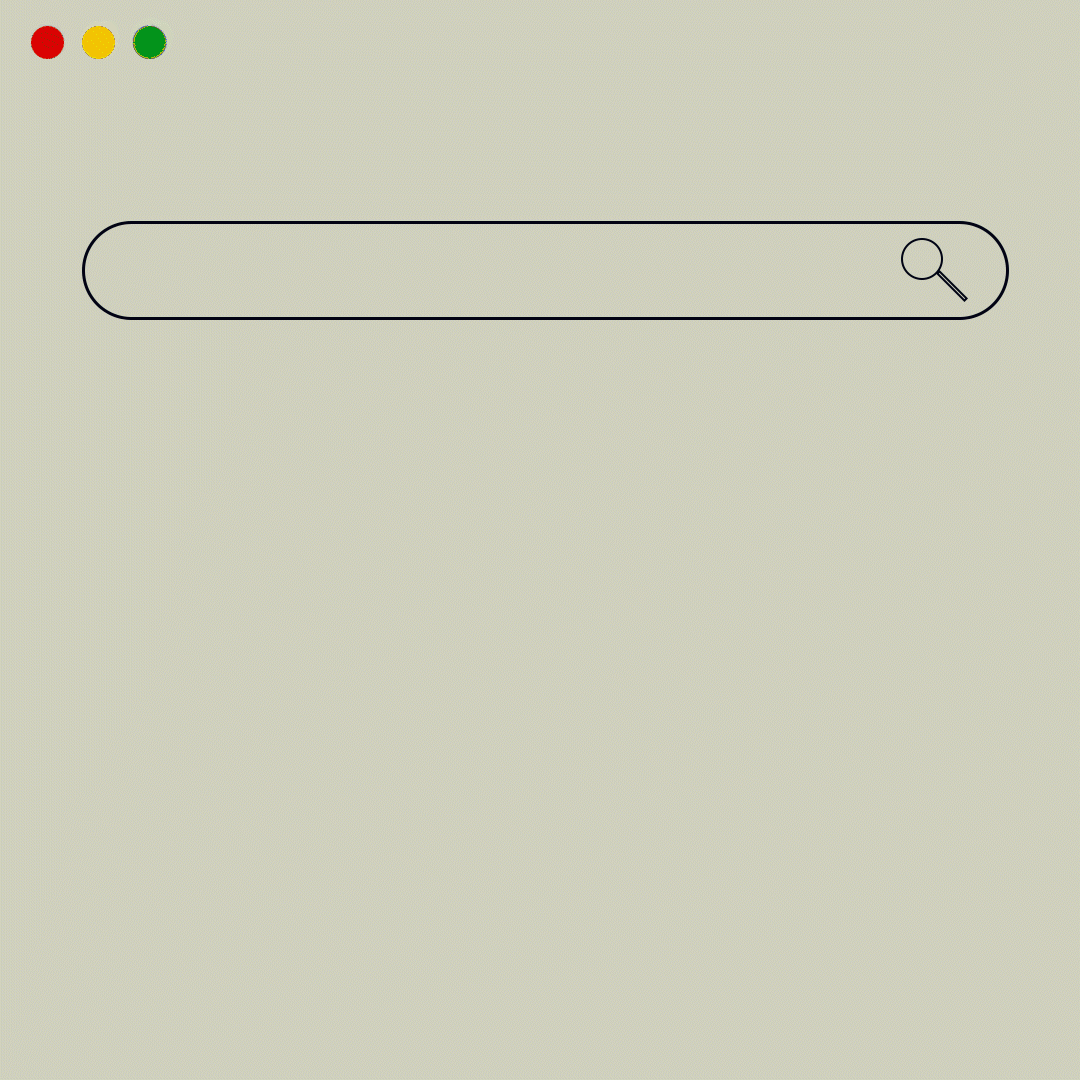KRISE TO GO #7 — The Cultural and Creative Sector
Observations and challenges during the COVID-19 pandemic by the research group inequality and digital sovereignty
A recently published study by the consulting firm EY is looking at the impact of the pandemic regarding the revenue of the cultural sector in Europe in comparison to the year 2019. According to the report, “in 2019 the core activities of the cultural and creative industries represented 4.4% of EU GDP in terms of total turnover. Therefore, the economic contribution of the cultural and creative industries is greater than that of telecommunications, high technology, pharmaceuticals or the automotive industry.” Nonetheless, the cultural sector is generally underestimated by the public and governments when it comes to its economic relevance. The pandemic has had a heavy impact on the sector, where the total turnover in 2020 decreased by 31% – which is significantly more compared to the tourism and car sector (-27% and -25%).
Meanwhile, museums, theatres, concert halls, and other venues around the world are trying to keep their doors open, at least in virtual spheres. The British Museum in London, the Vatican Museums in Rome, and the Museu de Arte in São Paulo are just a few of those institutions that allow visitors to explore their art pieces virtually through 360-degree “walk-through” videos, slideshows, and zoomable photos.
Live concerts are in a problematic situation with few options to choose from, besides livestreaming. In Oklahoma, the band Flaming Lips held a concert where audience and band were encapsuled by plastic bubbles that could include up to three people.
Needless to say, that these tools are not a substitute for the physical experience of visiting a museum or dancing in a crowd of people, but at least they are efforts to stay open for visitors and adapt to the current situation.
The COVID-19 crisis will affect the consumption of music, accelerating the use of paid streaming services, a trend visible even before the pandemic and that will therefore even more change spending habits by consumers in the long-term.
Many upcoming as well as senior artist are struggling to cope with the financial bottleneck they find themselves in. Initiatives like “Artist against Corona” try to fight the negative implications of the pandemic and lack of support by governments by selling tickets for virtual theatres, poetry slams, comedy and other genres.
While the societal value of culture is held in high esteem, this time of crisis shows that at least some of it is a lip service. And although physical distancing is a necessary tool in the fight against COVID-19, the impact of the absence of culture activities as a balancing tool for our collective mental health is often overlooked.
And if you can’t hold the frustration to yourself any longer and you feel mentally strained, visit lookslikeyouneediceland.com. It’s an application that lets you scream into your phone, laptop or tablet by pushing a yellow button. Your outcry of frustration will be played on a speaker in the wilderness of Iceland and thus released from your own four lockdown walls.



